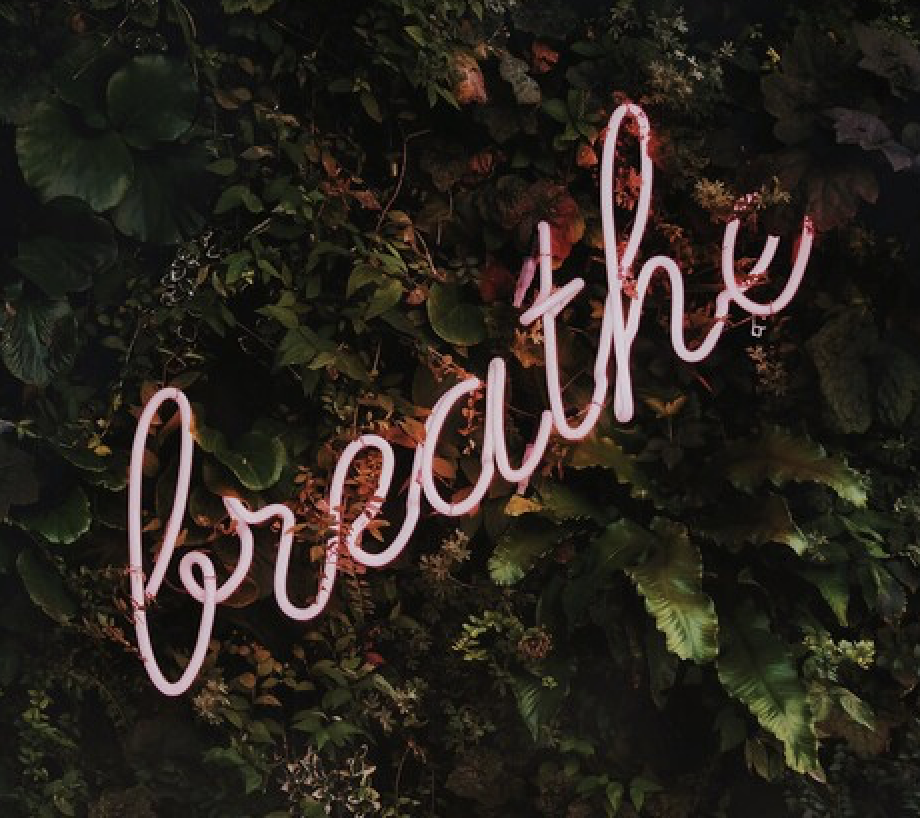We live in a time of unusual insecurity. Many of the things that we have held to be true, which we have relied on for safety and security, have been thrust into uncertainty. The volatility of life can bring upon compounding factors of stress, anxiety, and mental health challenges.
I was recently asked how I have been coping with stressors like being in a complete lockdown for thirteen weeks after I got stuck in Istanbul when country borders closed, homeschooling, going through an international relocation, and starting a new job all at the same time.
My Answer: I know my baseline. I have it written down, and I check myself against it regularly.
My baseline is a list of things that I must protect to secure my personal wellbeing and mental health. When I fall below my baseline, I know I am not okay and need to ask for help or reset my work, life at home, or my physical health.
My Baseline:
- Protecting time for my spiritual health including meditating once a week
- Eating all my meals and not skipping them to work or catch up with chores
- Maintaining my sleep schedule and having restful, uninterrupted sleep
- Having breakfast and dinner with my kids
- Working out three times a week
- Getting outside to enjoy nature at least once a week
- Making time for things I enjoy that are not work-related: reading, knitting, spending time with family or friends
- Limit my exposure to negative news and social media. I have learned the importance of paying attention to what I pay attention to.
- Protecting my time off for true rest, relaxation, and things that recharge me. This means not regularly giving up my weekends or time off to “catch up” on work or life.
How do I use my baseline?
It’s simple, if at the end of every week I have compromised more then two things on my list, then I know I am not prioritizing my personal health and well-being, and I need to change something.
When to ask for help?
When I struggle to maintain my baseline for more than four weeks, its time to ask for help, asking for help can mean many things for me.
- Talking to my leader and colleagues to realign.
- Talking to my family to ask for their support.
- Talking to a personal coach.
- Seeking medical support either from my doctor or therapist.
This process may seem fairly rigid, but the binary nature holds me accountable for ensuring I don’t stay below my baseline for too long.
It’s not easy, and it takes practice.
I won’t lie; it’s a constant battle to maintain my baseline. There will always be a higher demand for my time and attention then what I have the capacity to give. I have learned that no one knows me better than me, and my ability to self-monitor, adjust, and know when to seek help is key to my own mental health and wellbeing.
Mental Health is not the same as Mental Illness.
An important distinction, when I talk about my baseline, I am referring to how I cope and manage stressors in work and life to maintain my mental health, but mental health and mental illness are not the same things.
Mental health is a state of well-being in which the individual realizes his or her own abilities, can cope with the normal stresses of life, can work productively and fruitfully, and contribute to his or her community.
Mental illness is a recognized, medically diagnosable illness that significantly impairs an individual’s cognitive, affective, or relational abilities.
Mental illness always needs to be treated and supported by the right medical professional and support. If you or someone you know needs help. Please reach out for support.
For additional guidance and support on caring for your mental health, visit Wellness Together Canada or Mental Health of Canada.
Disclaimer: I am not a medical professional, and everyone’s situation is different. The content of this article is intended to share my personal experience only. This is not intended as medical advice and should not be relied on for those purposes.
Originally published on LinkedIn by Nabeela Ixtabalan on October 10, 2020.


